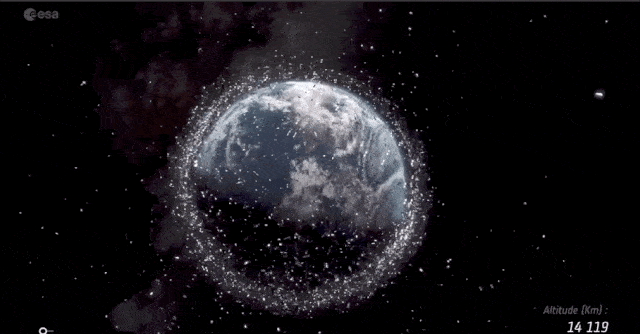“One person owns half of the world’s active satellites, which is quite amazing.” The European Space Agency’s director urged continental European leaders to stop facilitating Musk’s ambitions to dominate the new space economy and warned that Musk is making his own space rules. .
According to the Financial Times a few days ago, European Space Agency Director Josef Aschbacher (Josef Aschbacher) said that Europe helped Musk’s “Starlink” satellite Internet service expand rapidly. Willingness may prevent local European companies from realizing the potential of commercial aerospace. He said that there will be more restrictions on frequency and orbital location, and European governments should have common interests to allow European suppliers to have equal opportunities to compete in a fair market.
The “Starlink” project was once called by Musk as “one of the most difficult engineering projects in his life”, and it consists of approximately 12,000 satellites. SpaceX has currently launched 1892 “Starlink” satellites, far beyond its original design of 1440 satellites. Musk’s plan for more than 30,000 satellites has also been approved by US regulatory agencies.
Aschbach said that Musk’s “Starlink” is too big for regulators or competitors to catch up. “A person owns half of the world’s active satellites, which is quite amazing. In fact, he is making the rules.” 
According to the Financial Times, Aschbach’s concerns were also shared by Luxembourg Minister of Economy, Franz Fayot. (Franz Fayot) echoed, he believes that new rules need to be formulated to ensure the safe use of space. “There are people like Elon Musk who launch constellations and satellites and throw Tesla into orbit. We need to make common rules.”
Except SpaceX In addition, the Boeing Satellite Internet Project plans to launch 147 satellites; Amazon plans to launch 3236 low-Earth orbit satellites, with an investment of more than 10 billion U.S. dollars; the British communications company OneWeb has a total of 358 satellites in orbit, accounting for its planned launch of 648 low-Earth orbit satellites. More than half. The Satellite Industry Association estimated last year that by 2029, the number of commercial spacecraft in orbit will exceed 100,000. 